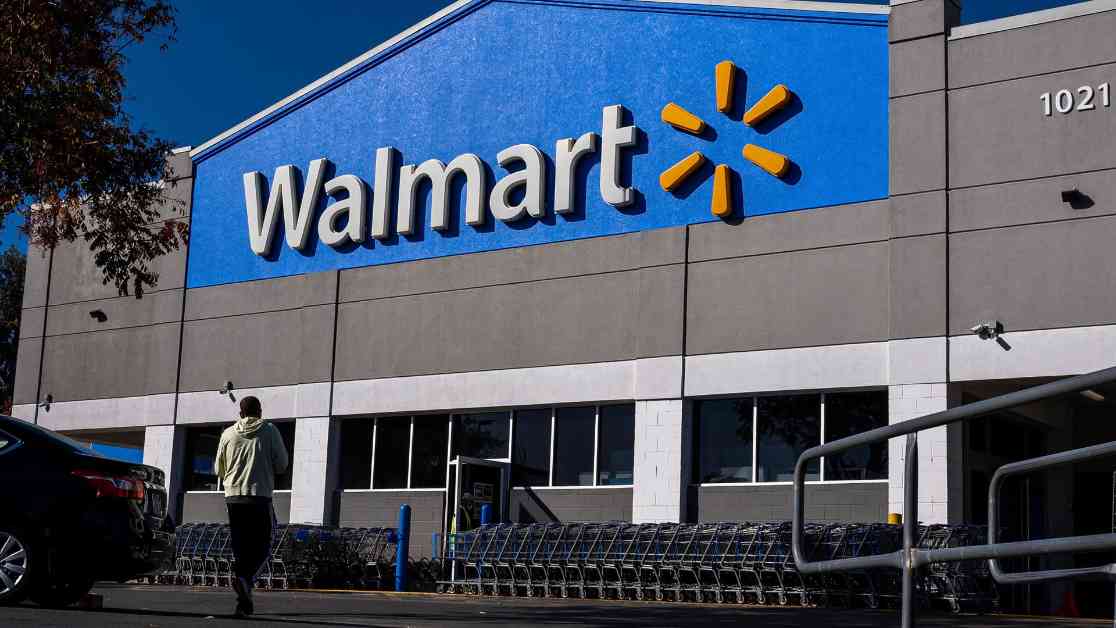Walmart’s Chief Financial Officer, John David Rainey, recently discussed the possibility of price increases on some items if President-elect Donald Trump’s proposed tariffs are implemented. Rainey mentioned in an interview with CNBC that while Walmart aims to maintain everyday low prices, there may be instances where prices have to go up for consumers. However, he stated that it is too early to determine which products might be affected by the tariffs.
The comments from Walmart’s CFO come as the retail giant exceeded expectations for earnings and sales, as well as raised its full-year forecast. Similarly, Lowe’s, another major retailer, also addressed concerns regarding the potential impact of the tariff proposal on its business operations.
Lowe’s Chief Financial Officer, Brandon Sink, highlighted that a significant portion of the company’s cost of goods sold originates from outside the U.S., including direct imports and merchandise from national brands. He acknowledged that tariffs could lead to increased product costs, but emphasized that the specifics and timing of the potential changes are still uncertain.
CEO of Lowe’s, Marvin Ellison, expressed apprehension about the potential rise in costs and noted that the company is actively engaging with suppliers to address the implications of the tariffs. He emphasized the importance of being prepared and having contingency plans in place to navigate the potential challenges posed by the policy changes.
The concerns raised by Walmart and Lowe’s are part of a broader trend among U.S. retail leaders who have voiced apprehensions about the impact of tariffs on their businesses. National Retail Federation CEO, Matthew Shay, warned that across-the-board tariffs could result in higher prices for consumers, driving inflation and potentially leading to job losses.
Several other retailers and brands have also expressed worries about the negative consequences of the proposed tariffs. E.l.f. Beauty CEO, Tarang Amin, indicated that the company might be compelled to raise prices if the tariffs are implemented. Footwear manufacturer Steve Madden announced plans to reduce imports from China to minimize the financial repercussions of the tariffs.
Despite the potential challenges posed by the tariffs, Walmart highlighted that a significant portion of the products it sells are either made, grown, or assembled in the U.S. The company has diversified its sourcing strategies to reduce reliance on any single country, including China. Rainey mentioned that previous tariffs imposed during Trump’s first term prompted Walmart to make adjustments in its operations to mitigate the impact on customers.
In conclusion, the discussions around potential price increases at major retailers like Walmart and Lowe’s underscore the uncertainties and challenges posed by the proposed tariffs. While these companies are taking proactive measures to address the potential impacts, the ultimate effects of the policy changes remain to be seen. The broader retail industry is closely monitoring developments and preparing for potential changes in the economic landscape.
